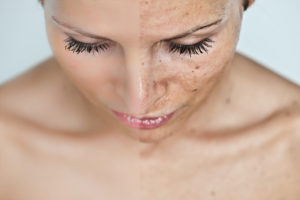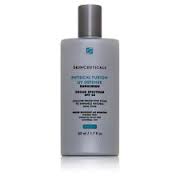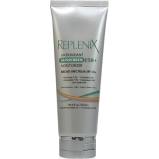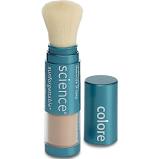Hyperpigmentation (Part 1): What It Is and How to Treat It!
Hyperpigmentation, also known as sun spots, age spots, dark spots, and ‘the mask of pregnancy’ (melasma), is one of the most common skin complaints I receive from patients (even more so than wrinkles!).
It’s incredibly common because it’s really easy to get.
The main cause of hyperpigmentation is sun exposure. UV rays stimulate the pigment-forming cells (melanocytes) to begin producing melanin (that pesky dark brown pigment). Even if you’ve become a devoted sunscreen wearer in more recent years, current UV exposure (even brief) can encourage spots to develop. That’s because it takes on average 10 years for sun damage to translate into brown spots.
Other causes include:
Hormones: Hormonal hyperpigmentation typically presents the same as UV hyperpigmentation. It’s generally caused by the pill or pregnancy and is further exacerbated by the sun.
Heat: Thermal heat can encourage melanocytes to product melanin.
Injury: That brown-red scar left behind from picking at a pimple? Often times it’s not a scar. It’s post-inflammatory hyperpigmentation, which is the result of a trauma or injury to the skin.
Preventing Hyperpigmentation:
First and foremost, if you’re not diligent about daily sunscreen, no amount of expensive products or laser treatments will treat your hyperpigmentation. The best sunscreen is a physical sunscreen. This type of sunscreen works by reflecting the sun’s UV rays away from your skin. The ingredients you should be looking for are zinc oxide and titanium dioxide. Many zinc-based sunscreens now have a universal tint to prevent the white cast that people often complain about. A great example of a stable, broad-spectrum physical sunscreen is Physical Fusion by Skinceuticals.
Sunscreen should be worn daily, whether it’s sunny or not and whether you plan to spend the majority of your day at the park or indoors. You can even acquire sun damage on your commute!
*Generally speaking, if you don’t need a flashlight to see, you should be wearing your sunscreen!*
Another good preventative against hyperpigmentation is a daily Vitamin C serum, which doubles as an adjunct treatment (which will be discussed further in the next blog post, coming soon!).
Emily Sespaniak, NP-C
Contact Our Office
To learn more or if you would like to schedule a complimentary consultation to discuss your skin concerns, give our office a call at (415) 923-3067.





